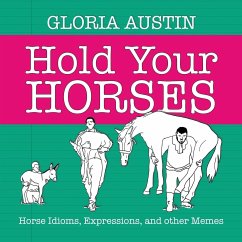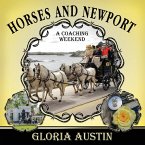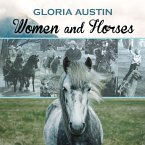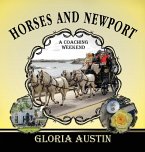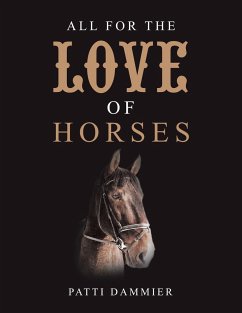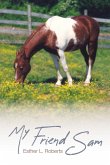Idioms exist in every language. Where there's language, there's figurative language. Idioms are created by putting together a play on words to come up with a figurative or non-literal way of explaining something by using a clever and witty expression. Many idiomatic expressions were originally meant literally. Over time, word usage changed and the phrase or expression grew away from its original roots and made no sense. The actual meaning of words has changed over time too. ¿For instance, in the late thirteenth century, nice meant foolish, ignorant, frivolous or senseless; today it is a compliment. Many concepts are expressed by idioms, such as hit the road (to leave), break the ice (to make a start at something), bull in a china shop (a person who breaks things or who often makes mistakes) and kid in a candy shop (excited as a result of having many options to choose from). In English alone, there are an estimated twenty-five thousand idiomatic expressions. Many of these idioms are from times past and do not always make sense today when looked at in a literal sense or even a figurative sense. A significant portion of idioms and expressions used today are derived from horses and the lifestyle surrounding equestrians. Horses are no longer the primary means of transportation so the meanings of these idioms and expressions are lost on most people. Join us on a trip through time as we cover the meanings and origins of words, idioms and expressions related to horses.
Hinweis: Dieser Artikel kann nur an eine deutsche Lieferadresse ausgeliefert werden.
Hinweis: Dieser Artikel kann nur an eine deutsche Lieferadresse ausgeliefert werden.

